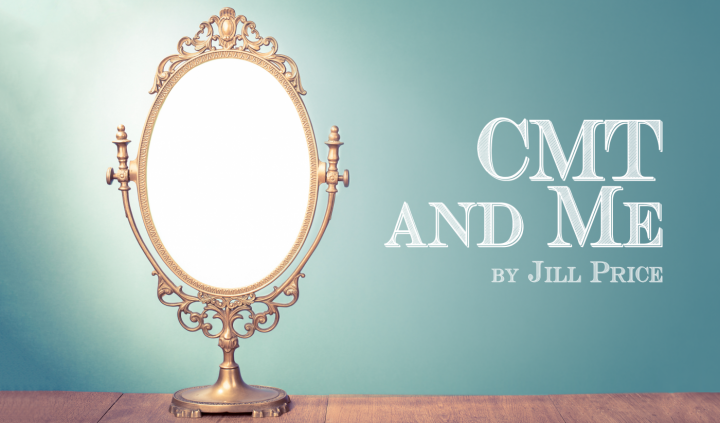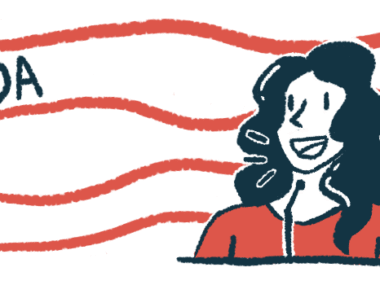What Ableism Looks Like to a Person with CMT
Written by |

Ableism is discrimination or prejudice against people with disabilities. It can occur in many ways — some ways subtle and others overt. A person with a disability may experience ableism as unwelcome stares or a building or event being inaccessible. Though I have encountered ableism for ages, I hadn’t realized there was a name for it, nor had I considered such instances to be discrimination.
I have had Charcot-Marie-Tooth (CMT) type 1A for as long as I can remember. I wear ankle-foot orthoses to help with my mobility and balance, and I use a cane when walking long distances. Recently, I have been paying more attention to the accessibility of buildings and at events. Sadly, I’ve found that many venues do not have accessible options for those with disabilities.
I have experienced ableism in the form of stares and rude comments. Sometimes, people do not realize their words are discriminatory. They can identify a racist remark, but fail to recognize an ableist comment. Some people do not believe that staring at a disabled person is problematic. Would you gape at an able-bodied person as they walk by or ask them, “Why do you walk like that?” Maybe people think it is OK to ask questions. However, if you wouldn’t feel comfortable addressing an able-bodied person in a similar way, then it’s not OK.
One example of ableism is pointing out a person’s disability before introducing them or speaking about them. Putting the disability first gives the impression that it is the primary piece of information one needs to know about that person. The person with the disability should get to decide whether they want to disclose that information. There are times I feel comfortable sharing information about my CMT and others when I do not. The choice should belong to the person with the disability. Another form of ableism is expressing sympathy for a person’s disability. While the words can be well-meaning, they can come across as disparaging.
Ableism is present all around us. Many who have disabilities encounter prejudice daily. I’ve often had to walk around a building to try to find an accessible entrance, but I had viewed that merely as poor planning and not as a form of discrimination. How often do snowplows dump snow in the handicapped parking spaces or right in front of the ramps? Where I live it happens a lot. Situations like these are extremely frustrating, and now I identify them as examples of ableism.
I have experienced many instances of ableism, but I hadn’t viewed them as discrimination. I see now that they are and realize why we need to change the narrative surrounding disability and transform how we as a society treat people with disabilities. I do not want to be treated differently, but I deserve equal access and the same rights that able-bodied people enjoy.
***
Note: Charcot-Marie-Tooth News is strictly a news and information website about the disease. It does not provide medical advice, diagnosis, or treatment. This content is not intended to be a substitute for professional medical advice, diagnosis, or treatment. Always seek the advice of your physician or other qualified health provider with any questions you may have regarding a medical condition. Never disregard professional medical advice or delay in seeking it because of something you have read on this website. The opinions expressed in this column are not those of Charcot-Marie-Tooth News or its parent company, Bionews Services, and are intended to spark discussion about issues pertaining to Charcot-Marie-Tooth.







Bonnadee
I have CMT, use a power chair, and encounter blatant discrimination quite often. It seems these days that people are worse and more insensitive than ever about the needs of disabled people. I am including businesses and their very poor architectural planning. My employer used to be good about following ADA requirements. Now the same employer is disregarding ADA regulations and discriminating regularly against disabled people.
Jill Price
I hope things get better for you!